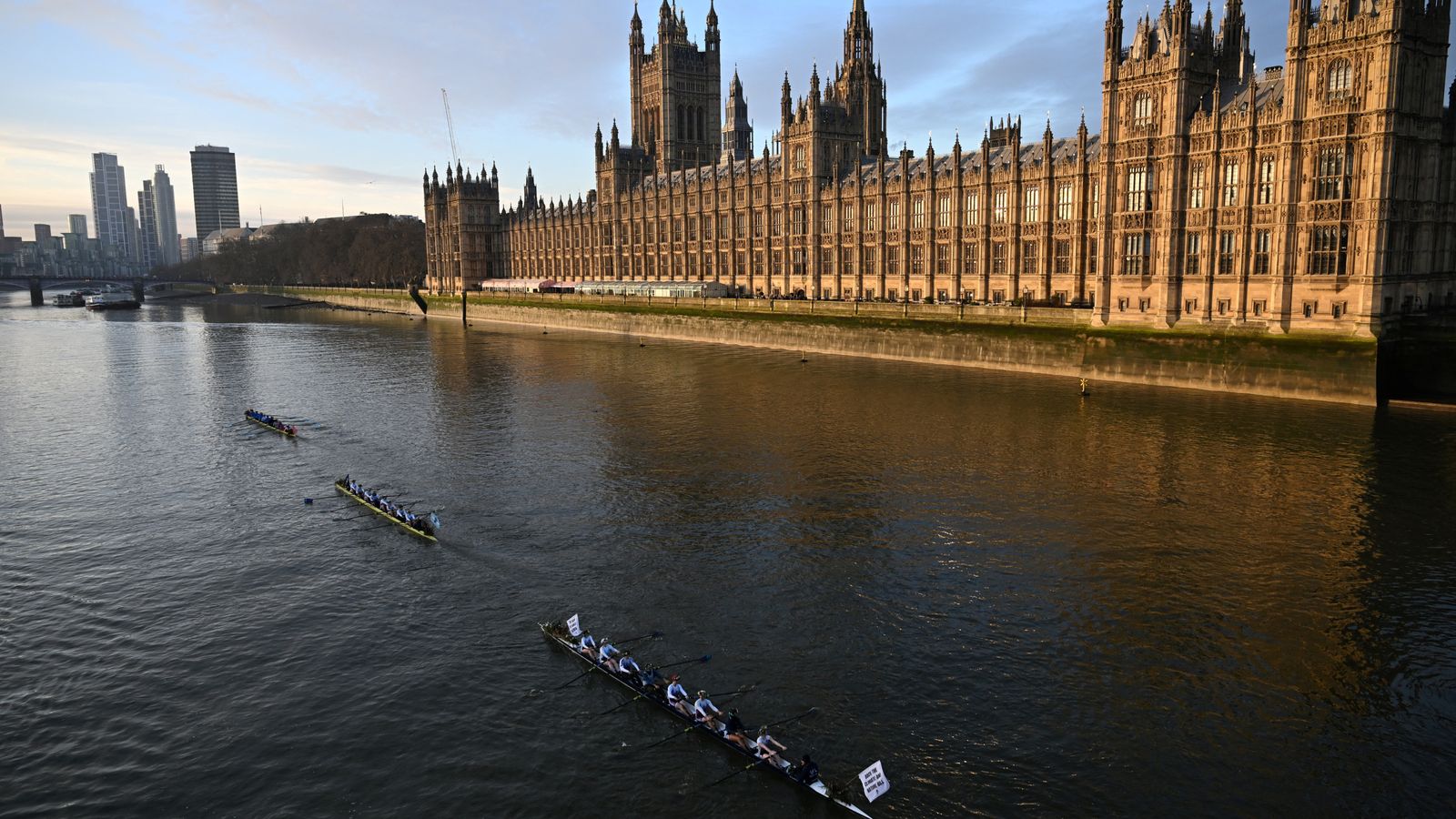U.K News
Strangers’ Bar to re-open in Parliament after drink-spiking allegation

The Reopening of Strangers’ Bar: A New Chapter for Parliament’s Iconic Venue
A Historic Decision to Reopen After Closure
Parliament’s most famous bar, Strangers’, is set to reopen its doors after a five-week closure following a drink-spiking allegation. The bar, a hub for MPs, their guests, peers, parliamentary staff, and political journalists, was shut on Monday, January 20, amid concerns for safety. According to Sky News, the bar is expected to reopen on Monday, February 24, after Parliament’s half-term recess. This decision was made during a secret meeting of the House of Commons Commission, chaired by Speaker Sir Lindsay Hoyle. A source close to the matter revealed that an update on the bar’s reopening could come as early as this week.
Background: The Incident and Its Aftermath
The closure of Strangers’ Bar was prompted by a serious allegation from a parliamentary researcher who claimed her drink had been spiked. The incident reportedly occurred on Tuesday, January 7, at around 6:30 pm, during the first week after Parliament returned from recess. The researcher informed bar staff and security personnel that her drink had been tampered with, leading to a police investigation. A Metropolitan Police spokesperson confirmed that an investigation had been launched and that the victim was being supported, although no arrests have been made at this time.
The Decision-Making Process and Review
The decision to close the bar was made by Speaker Sir Lindsay Hoyle in consultation with the Clerk of the House, Tom Goldsmith, and the Director of Parliamentary Security, Alison Giles. On Friday, January 17, a House of Commons spokesperson announced the closure, stating, "Strangers’ Bar will close from Monday, January 20, while security and safety arrangements are reviewed. The safety of everyone on the estate remains a key priority of both Houses." The closure was a precautionary measure to ensure the well-being of all individuals who frequent the bar.
Security Enhancements and Access Changes
The review of security and safety arrangements has led to several potential changes. One of the key outcomes is the installation of CCTV cameras in the bar, a measure aimed at enhancing surveillance and deterring future incidents. Additionally, there may be changes to who is eligible to use the bar, potentially limiting access to certain groups. The House of Commons Commission, the senior rule-making committee responsible for such decisions, is comprised of seven MPs, including the Speaker, and four lay members. The other MPs on the commission include Commons Leader Lucy Powell, shadow leader Jesse Norman, Labour MPs Rachel Blake and Nick Smith, former Tory cabinet minister Steve Barclay, and Lib Dem MP Maria Goldman.
Police Investigation and Its Implications
The Metropolitan Police investigation into the drink-spiking allegation is ongoing, with the victim receiving support. While no arrests have been made yet, the incident has raised concerns about safety and security within Parliament. The closure of Strangers’ Bar has been a significant disruption to the social and professional dynamics of the parliamentary community, highlighting the need for robust security measures to protect all individuals on the estate.
Reflection and Moving Forward
The reopening of Strangers’ Bar marks a new chapter for the iconic venue, with enhanced security measures in place to ensure the safety of its patrons. The incident has sparked important conversations about the culture and security within Parliament, emphasizing the need for continuous improvement. As the bar prepares to welcome back MPs, staff, and journalists, it remains a symbol of the vibrant and sometimes challenging environment that defines British politics. The House of Commons Commission’s decision to reopen the bar after a thorough review reflects a commitment to safeguarding the well-being of everyone involved, while also addressing the broader implications of the incident for parliamentary culture.